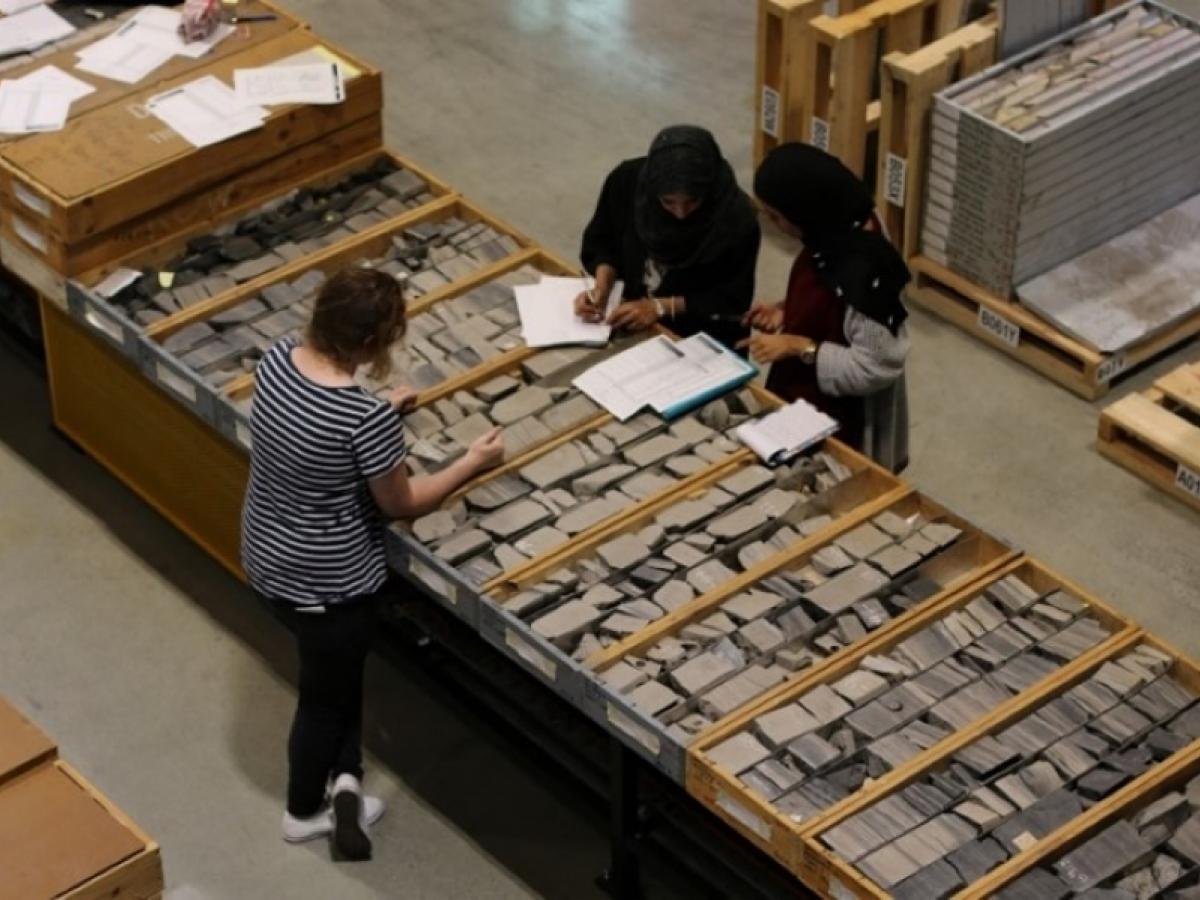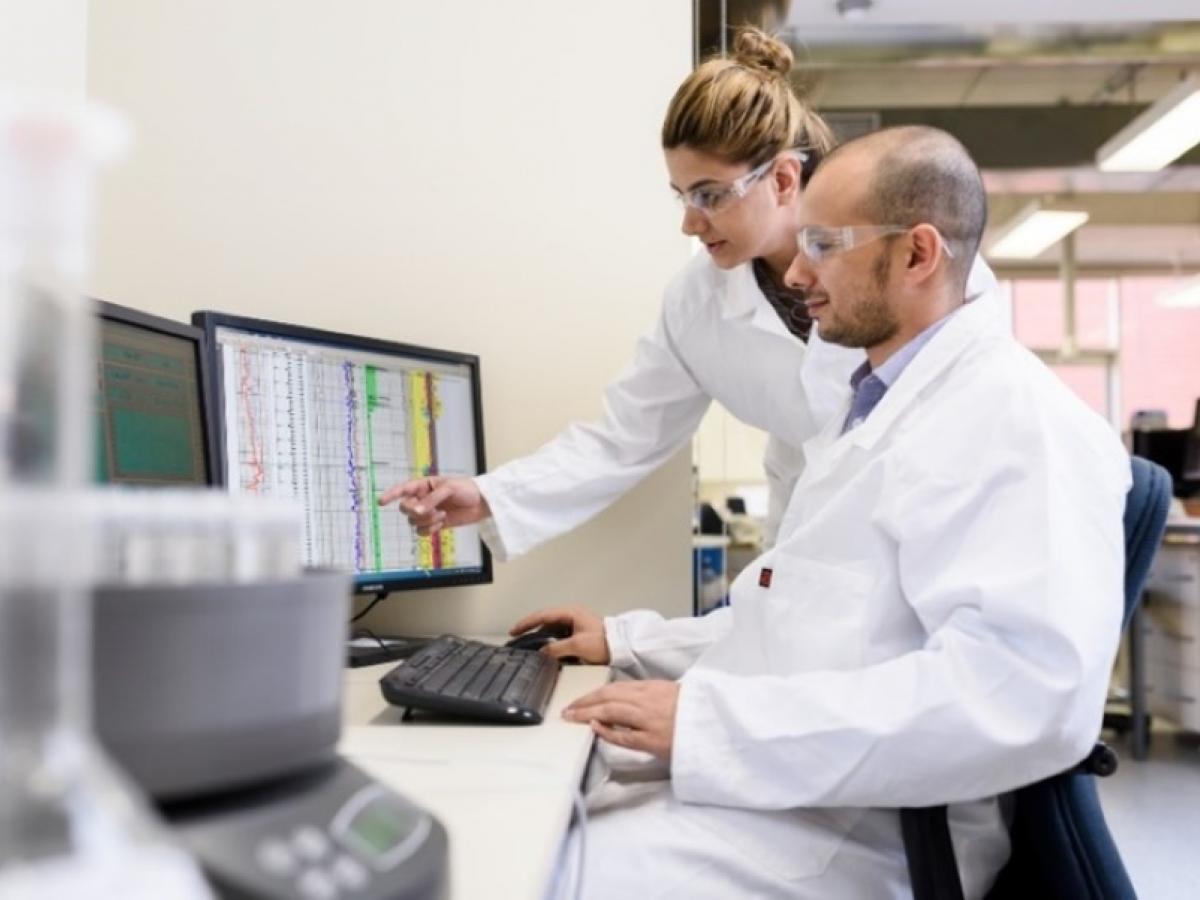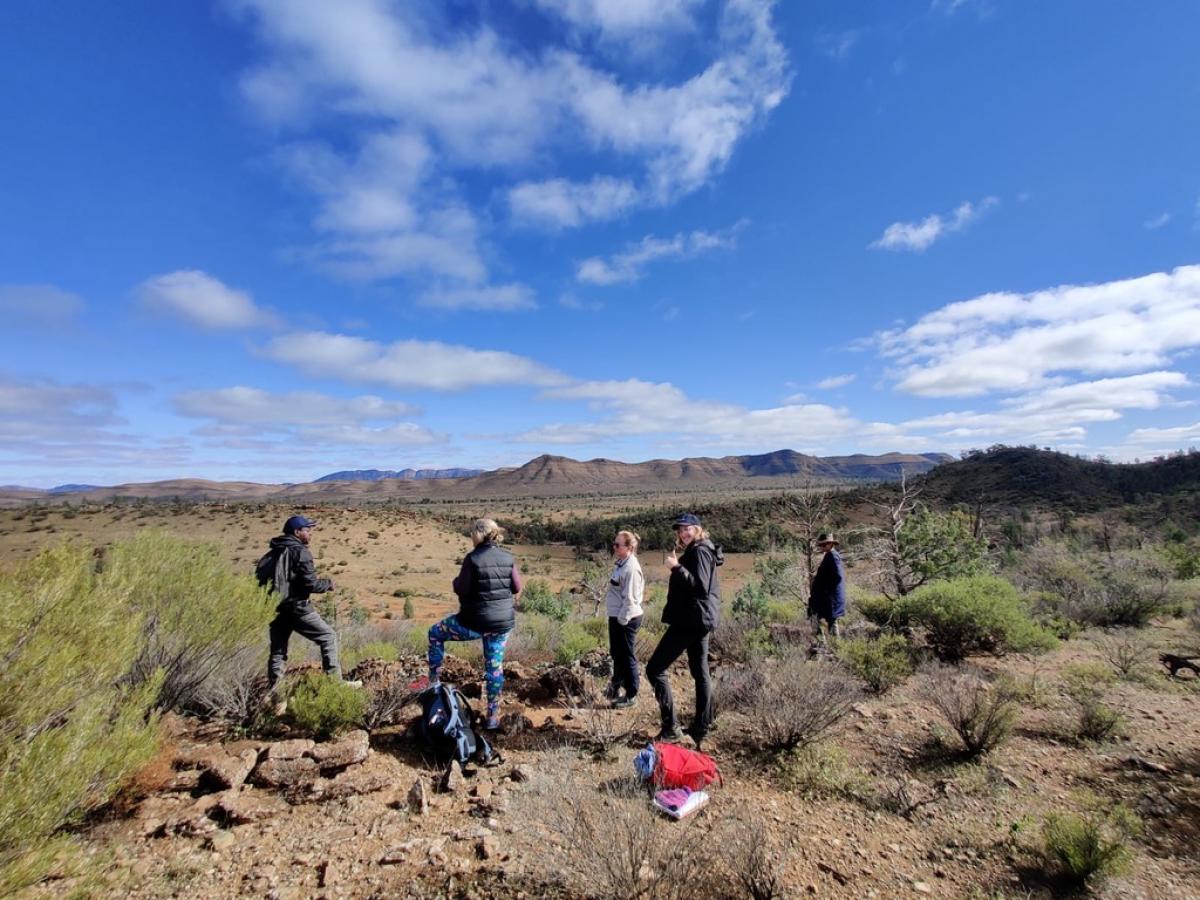GeoEnergy Research
About us
The Earth’s subsurface plays an important role in the energy transition as a source of many necessary resources, and as a location for the safe and economic storage of energy and emissions.

The University of Adelaide boasts one of Australia’s best research and teaching teams in the field of GeoEnergy, with a focus on fundamental and applied science and engineering research.
We have a long history of academic expertise in subsurface energy and CO2 sequestration geoscience and engineering, and in working with government and industry to accelerate and de-risk development.
What is GeoEnergy?
GeoEnergy encompasses any energy system and related engineering and management that involve the Earth’s geological subsurface. This includes existing, new and emerging resources crucial to the decarbonisation of energy systems and meeting net zero emissions targets, such as:
- geothermal energy
- natural hydrogen exploration and production
- natural gas
- geological storage of carbon dioxide (CO2)
- energy storage through storage of hydrogen, heat and compressed air
- geological storage of radioactive waste
- geological siting of wind energy infrastructure
- related management of groundwater resources
- monitoring and assurance.
Expertise
Our experts in GeoEnergy research span disciplines including mining, petroleum and mechanical engineering, and the Earth sciences.
Our expertise is focused on topics such as: rock and fracture mechanics, active monitoring, reservoir simulation, gas-water-rock interactions, robotics and automation, standards and regulation, geophysics, structural geology, seismic hazard and risk, sedimentology, thermochronology, salt tectonics, geochemistry and data analytics.
Approaches span theoretical, numerical, experimental, field, modelling and simulations. Improved understanding of the geological subsurface, how water and gases flow through the subsurface, and how rocks respond to changes in pressure, temperature and fluid flow, are key areas of focus.

Facilities
Key laboratory facilities include:
- Advanced Core Analysis Laboratory
- Carbon Storage Research Facility for research on permanent CO2 storage within geological formations after its injection into subsurface reservoir rocks, and how CO2 flows through and interacts with rocks and pore waters on a microscopic scale
- Drilling Fluids Laboratory
- Mercury Injection Porosimeter Laboratory
- Mawson Analytical Laboratory including Thermal Ionisation Mass Spectrometry (TIMS), Isotope Ratio Mass Spectrometry (IRMS), and Organic Molecular Analyses & Characterisation (OMAC) facilities
- Adelaide Microscopy
Our team is developing detailed descriptions of the research projects currently under way, and we will describe these here soon.

Industry training and collaboration
We provide research services and short courses to industry and would love to help your business develop the key competencies you need.
- Energy transition courses: Fundamentals in future energy industries that interact with the subsurface.
- Sedimentary basin courses: Everything you need to know to explore or operate in the geological basin of your interest.
- Specialisation courses: Learn enough about specialist subjects to understand and act on information.
Contact us
Ask us about our research services, partnership opportunities, and industry short courses.
- Professor Kathryn Amos, Chair in GeoEnergy
- Associate Professor Abbas ZeiniJahromi, Discipline Lead, Mining and Petroleum Engineering
- geoenergy@adelaide.edu.au
